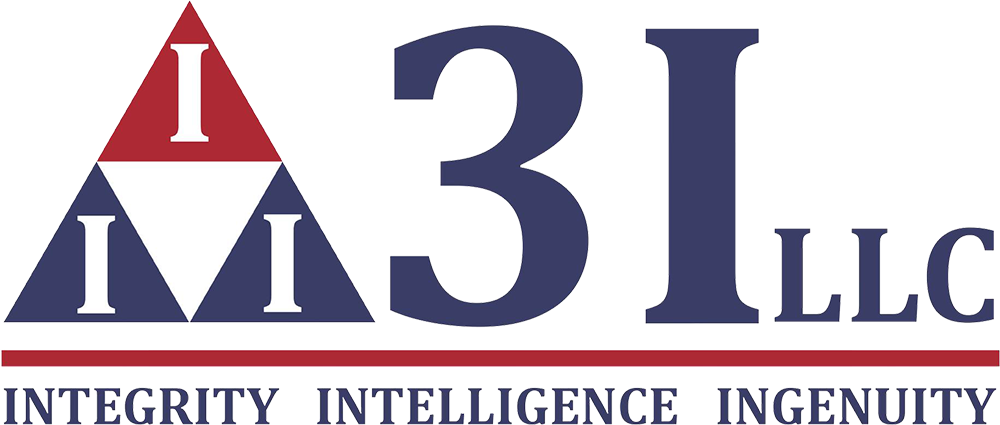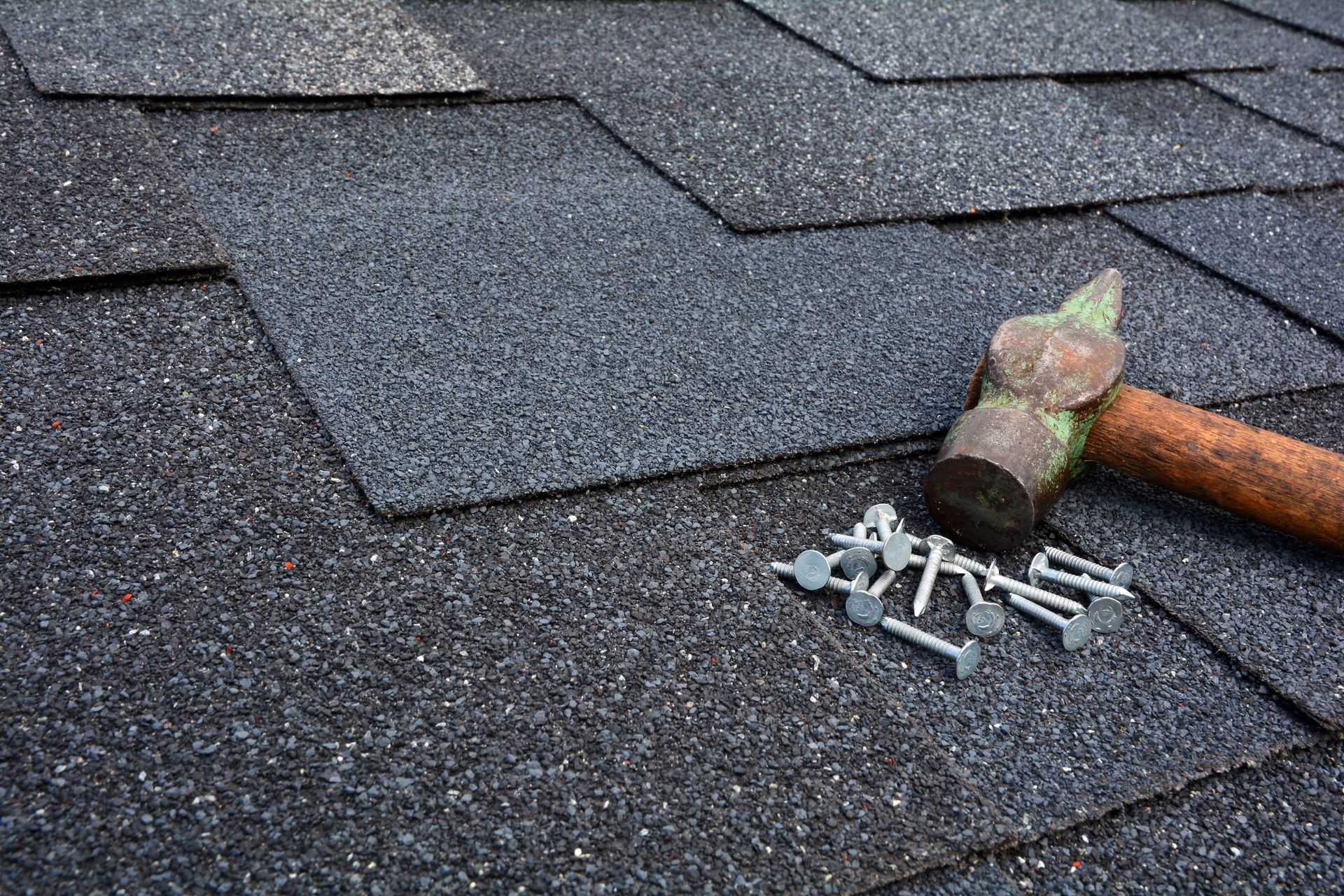September 2, 2025
Choosing the right roofing company is crucial for ensuring the longevity and integrity of your roof. With so many options available, it can be overwhelming to select the right contractor. This guide will help you navigate the process by presenting key questions you should ask your roofing company before making a decision. These questions will help you assess the competence, experience, and reliability of potential contractors. By being thorough in your investigation, you can avoid future headaches and costly errors.
1. Evaluating Experience and Track Record
Understanding the background and history of a roofing company can provide insight into its expertise and capabilities. Ask when the company was established and if there have been any significant changes or developments in its operations. A well-established company typically has more experience and resources compared to new entrants in the industry. Longstanding companies are more likely to have streamlined processes and networks of reliable suppliers. This background check helps you determine if the company has the experience needed to deliver high-quality service.
The number of years a company has been in the roofing industry is often a good indicator of its experience and reliability. A company with many years of experience will likely have encountered a wide variety of projects and challenges, equipping it to handle different roofing situations. However, newer companies can also bring innovative techniques and technologies to their work. You should weigh the benefits of experience against potential innovation when making your decision. Evaluating both long-term and recent companies can provide a balanced overview of your options.
Every roofing contractor may have expertise in specific types of roofs and materials. Some might specialize in residential roof systems, while others might focus on commercial projects. It is crucial to ensure that the contractor you choose has experience with the type of roofing material you are considering, whether asphalt, metal, slate, or another material. Specialized knowledge ensures that the company can provide expert advice and optimal solutions specific to your needs. Their experience with different materials can also mean better execution and longer-lasting results.
2. Assessing the Proposed Timeline
Understanding the proposed timeline is key to aligning expectations between you and the roofing company. Request specific start and completion dates for the project to help you plan accordingly. A reliable contractor should be able to provide a reasonable estimate based on the project’s scope and complexity. Additionally, having clear start and end dates can help you organize your home’s other activities around the roofing work. It is advisable to get these dates in writing to avoid miscommunication or misunderstandings later.
In addition to broad start and end dates, inquire about specific milestones and phases of the roofing project. Establishing milestones allows you to track progress and ensure the project is on schedule. This breakdown can include the removal of old roofing, the installation of new materials, and inspections. An experienced contractor should be able to outline these steps and provide you with an understanding of how long each phase will take. Monitoring these milestones can help you identify potential issues or delays early on.
No project is immune to potential delays, but a competent roofing company will have mitigation plans in place. Discuss common causes of delays, such as weather, supply chain issues, or unforeseen structural problems. An experienced company will have strategies to minimize disruptions, such as rescheduling work during favorable weather or maintaining relationships with backup suppliers. By understanding these plans, you can have realistic expectations and reduce frustration if delays occur. Considering potential delays aids in better time management and planning.
External factors, such as weather, can significantly impact the timeline of a roofing project. Intense rain, hail, or hazardous conditions can halt work to avoid compromising safety and quality. Reputable companies plan for these contingencies and update clients on potential impacts to the project timeline. According to the Roofer’s Guild, the U.S. experienced upwards of 6,900 hailstorms, underscoring how weather-related interruptions are common and important to anticipate. According to Allstate, residential roofs should also be inspected at least once a year, which further emphasizes the need for regular maintenance to catch weather-related damage early.
3. Understanding Warranty Policies
Warranties are an assurance of quality and durability for your roofing project. Ask about the length of the warranty provided by the roofing company. This warranty should cover both materials and workmanship, as problems can arise in either area. Typically, the length of the warranty reflects the company’s confidence in its work.
Understanding the specific coverage and any exclusions within the warranty is critical. Clarify whether the warranty covers roof repairs, replacements, or specific damage types. Make sure to get these details in writing to avoid confusion or disputes later. Knowing the limitations of your warranty ensures you are adequately protected.
The process for making a warranty claim should be straightforward and well-documented. Ask about the steps involved, the typical response time, and whom to contact if an issue arises. Companies that offer efficient claims processes often have robust customer service practices. Understanding this process will allow you to act swiftly in case of roof issues. Being informed enables better preparation and quicker resolution.
Material and labor warranties cover different aspects of a roofing project and often have different terms. Material warranties typically come from manufacturers and cover defects in roofing products. Labor warranties are provided by the contractor and cover installation errors. Discuss whether both types of warranties are offered and how long each lasts. Understanding these differences helps clarify what issues are covered and by whom.
4. Ensuring Quality and Safety
Discussing safety protocols with your roofing company reassures you of a safe, accident-free project. Procedures should include personal protective equipment usage, fall protection strategies, and toolbox talks. Companies with comprehensive safety measures demonstrate a commitment to protecting their workers and your property. Ask how the company enforces these protocols and whether they comply with local safety regulations. A strong focus on safety not only protects workers but also minimizes risks to your home.
A reputable company will have stringent quality control measures in place throughout the project. These measures ensure the work meets industry standards and contractual obligations. Ask about inspection procedures and the criteria used to assess project stages and completion. Additionally, inquire about any third-party inspections or audits conducted. Strong quality control practices indicate a company’s dedication to excellence and client satisfaction.
Building code compliance is essential to ensure your roofing project adheres to legal standards. Ask the company how they ensure their work meets local code requirements and whether they handle permits and inspections. A company well-versed in these regulations can navigate the process smoothly, mitigating potential legal issues.
An organized and clean worksite is indicative of a professional company. Regular site cleaning practices reduce the risk of accidents and damage to your property. Moreover, well-maintained equipment ensures efficiency and minimizes the likelihood of breakdowns or delays. Site cleanliness and equipment maintenance are indicators of a company’s overall attention to detail and professionalism.
Thoroughly vetting your roofing company by asking these essential questions can save you from potential headaches. A professional and reputable company will be transparent and forthcoming with these details, giving you peace of mind and confidence in your investment. For all of your roofing needs, contact 3I LLC Contracting today!




